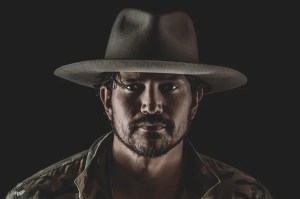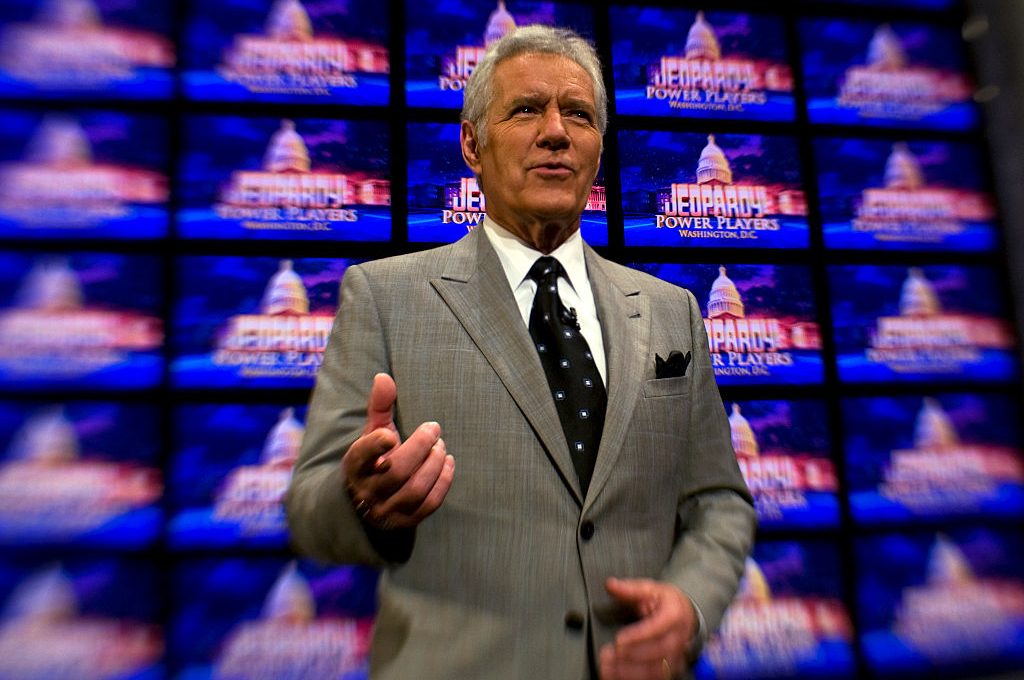Star Trek: Discovery took one giant leap for the leftist ideology that defines it in its fourth season finale this week.
Enter President Stacey Abrams, leader of the thirty-second century’s United Earth.
Perhaps deliberately, the sci-fi show’s writers left viewers ignorant as to whether President Abrams was democratically elected to her fictional role. Star Trek’s democratic ideals, after all, seem poorly matched to a politician who lost an election and then claimed that it had been “stolen from the voters of Georgia.”
No worries, however: Abrams’s future is bright. Concluding her cameo, Abrams asks Discovery’s star Sonequa Martin-Green, “there’s a lot of work to do, are you ready for that?”
As the pair gaze across the Earth from space, Abrams’s response echoes forth: “I am.”
It’s a thirty-second-century rallying cry for the twenty-first-century Democratic Party.
President Abrams has loomed on the horizon for some time. In December 2020, Abrams enlisted Discovery’s cast — presumably with studio Paramount’s blessing — to throw the Star Trek brand behind a fundraising campaign for Georgia Senate runoff candidates Jon Ossoff and Raphael Warnock.
Cockburn, like Abrams, is a huge Trekkie. As a seasoned viewer, he’d note that the ambitious crossover event was a long time coming. Star Trek: Discovery embodies the transition from the franchise’s traditional flirtation with left-leaning politics to the overt endorsement of the woke frontiers of left-wing modernity.
What sets Discovery apart is its obsessional focus on left-wing orthodoxy. LGBT relationships and related injustices? Tick. Anti-capitalism? Tick. Overt preaching over provoked contemplation? Tick.
Discovery’s approach stands in notable contrast to Deep Space Nine. That 1990s-2000 show featured Avery Brooks as Star Trek’s first black captain. Brooks offered an impassioned tale of fatherhood and wartime leadership, in episodes such as “The Visitor” and “In the Pale Moonlight”. But he also served up sublime examinations of poverty and racial injustice, in “Past Tense” and “Far Beyond the Stars”. The difference is that Deep Space Nine prioritized entertainment and moral questions, where Discovery is all about theocratic leftism.
Perhaps most regrettably, Discovery assumes that left-wing politics and race are mutually dependent. Abrams represents the pinnacle of this understanding, as does the broader failure of Paramount to approve Michael Dorn’s repeated efforts to pitch his own show. Dorn, who plays fan-favorite Worf, might be African American, but the Klingons are too traditionalist and warlike for this not-so-brave new Trek era.
The modern left’s moral certitude runs central to Abrams’s casting and Discovery’s identity. The show’s executive producer Michelle Paradise told Deadline that there “was no one better” to be Earth’s thirty-second century president than Abrams.
Paradise fawned over the 2022 Georgia gubernatorial candidate, explaining that “she did such an incredible job, it was a privilege for all of us to get to work with her, and we’re so grateful she joined us for that.”
And Discovery star Martin-Green told Deadline, “We spent so much of our time fanning out and pretending to be cool in [Abrams’s] midst. She’s a legend in the making and a civil hero, and she was an absolute delight to work with.”
Is she? Or is Abrams just a manifestation of Discovery’s partisan disdain for the traditional centerpiece of Star Trek: kinship at the intersection of open-minded exploration, courage and freedom?

























